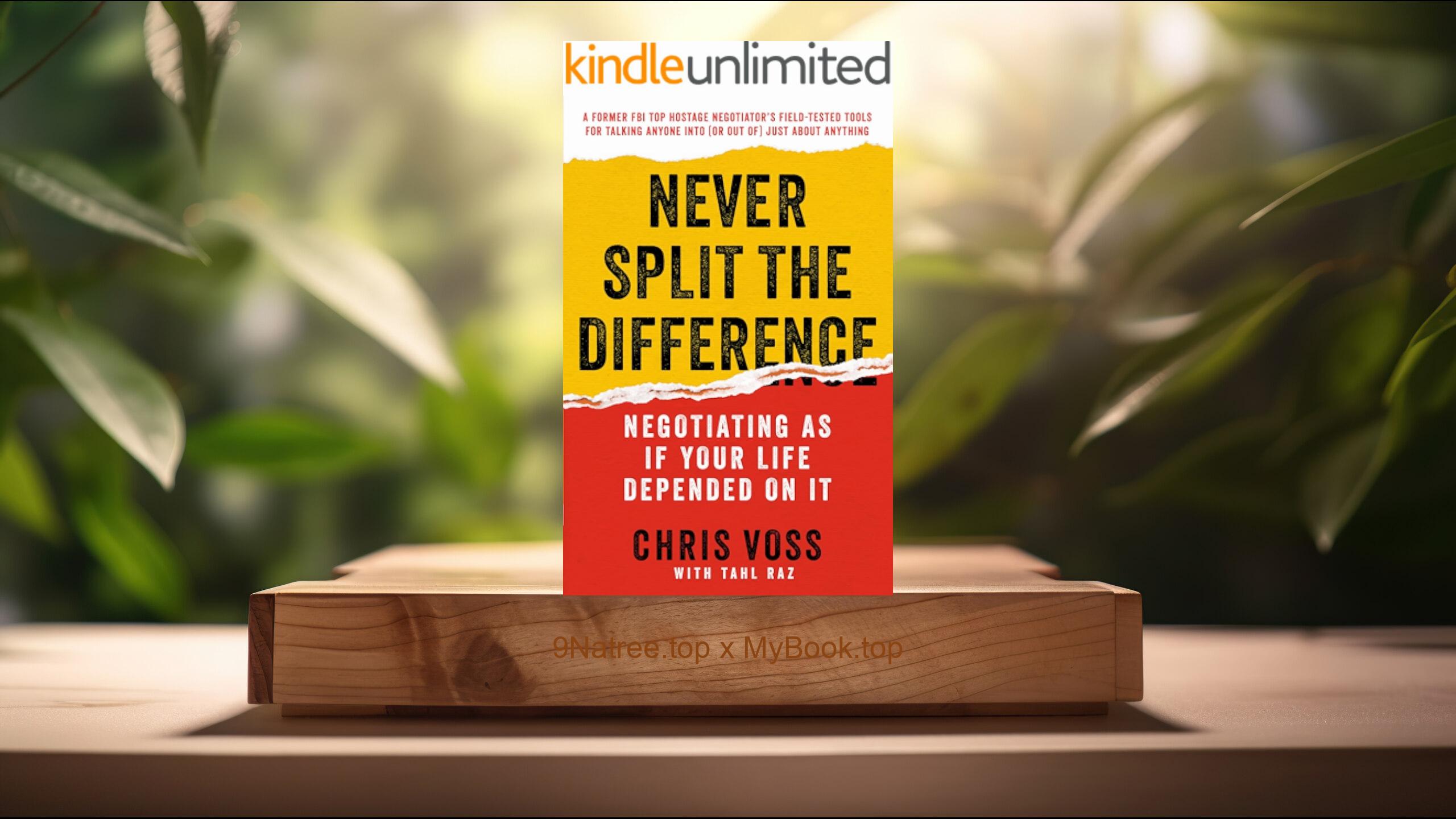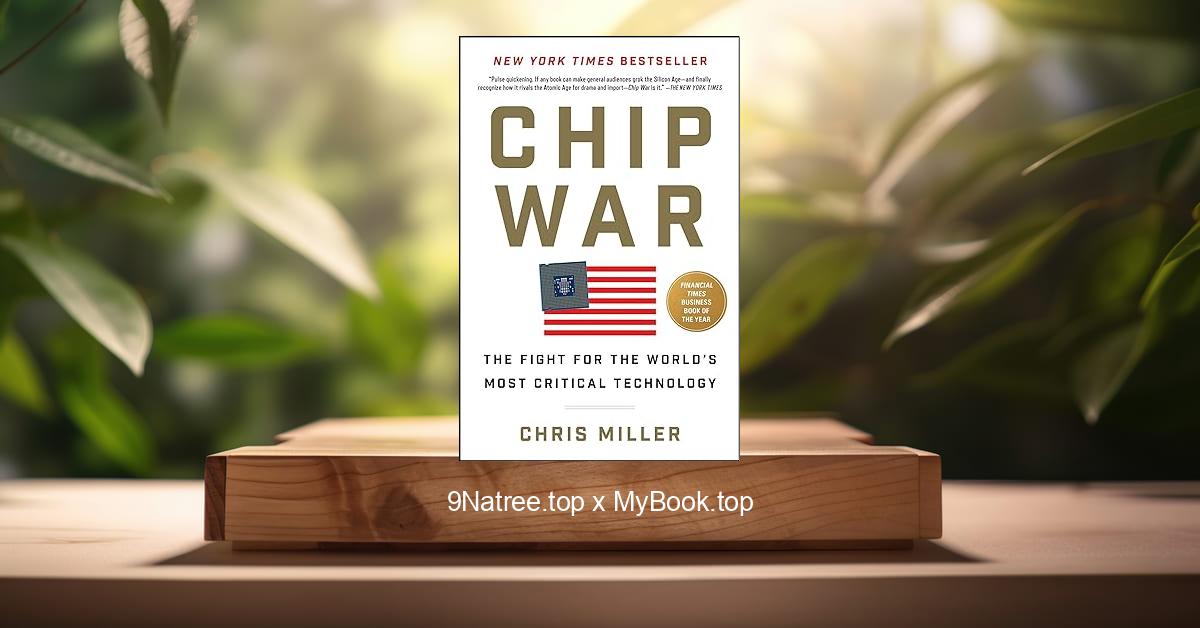Show Notes
- Amazon US Store: https://www.amazon.com/dp/B0BSKQ5ZDM?tag=9natree-20
- Amazon Worldwide Store: https://global.buys.trade/Determined-A-Science-of-Life-without-Free-Will-Robert-M-Sapolsky.html
- Apple Books: https://books.apple.com/us/audiobook/determined-a-science-of-life-without-free-will-unabridged/id1670283730?itsct=books_box_link&itscg=30200&ls=1&at=1001l3bAw&ct=9natree
- eBay: https://www.ebay.com/sch/i.html?_nkw=Determined+A+Science+of+Life+without+Free+Will+Robert+M+Sapolsky+&mkcid=1&mkrid=711-53200-19255-0&siteid=0&campid=5339060787&customid=9natree&toolid=10001&mkevt=1
- Read more: https://mybook.top/read/B0BSKQ5ZDM/
#Neuroscience #FreeWill #BiologicalDeterminism #Ethics #BehavioralGenetics #HumanBehavior #Determined
These are takeaways from this book.
Firstly, The Neuroscience of Decision-Making, Sapolsky begins by dissecting the neuroscience behind decision-making, illustrating how our brains process information and make choices. The discussion spans the mechanisms of neurons, how experiences shape neural pathways, and the influence of neurotransmitters on our behavior. He compellingly argues that the act of making a 'free choice' is more about the culmination of countless biological processes than a moment of conscious deliberation. The implications of this for understanding human behavior are profound, as it suggests that our perceived free will is significantly influenced by our brain's wiring and chemistry.
Secondly, Genetics and Behavior, In this segment, Sapolsky explores the role of genetics in shaping our behaviors and tendencies. Through an examination of twin studies, genetic predispositions, and the nature versus nurture debate, he provides evidence to suggest that much of who we are is deeply rooted in our genetic code. However, he also points out the complexity of gene-environment interactions, asserting that genetics alone does not determine our fate. This nuanced view helps to understand the limitations of free will by recognizing the powerful influence of inherited traits, while also acknowledging the role of environmental factors in shaping our decisions and life paths.
Thirdly, The Impact of Environment and Culture, Sapolsky extends his examination to the influence of environmental and cultural factors on the illusion of free will. He discusses how socio-economic status, family upbringing, cultural norms, and even the physical environment can predetermine the range of choices available to an individual and sway decisions in subtle but significant ways. This perspective highlights the importance of considering external factors in the discussion of free will, as it becomes clear that our environments shape our behaviors in intricate and often overlooked manners. This further complicates the notion of autonomy by illustrating how external pressures and circumstances limit our ability to choose freely.
Fourthly, The Ethical Implications of No Free Will, One of the most provocative areas Sapolsky tackles is the ethical implications of a world without free will. He questions how society should deal with concepts of morality, justice, and punishment when individual agency is seen through the lens of biological determinism. This discourse challenges readers to rethink accountability and personal responsibility if our actions are predestined by factors beyond our control. Sapolsky does not provide definitive answers but instead encourages a reevaluation of how empathy, compassion, and understanding can be incorporated into legal and social frameworks in light of these revelations.
Lastly, Reconciling Science with the Illusion of Free Will, Finally, Sapolsky addresses how we can reconcile our understanding of biological determinism with the everyday experience of making choices. He presents a nuanced argument that suggests acknowledging the limits of free will does not negate the richness of the human experience or our capacity for change. Instead, it offers a deeper appreciation of the complexity of human behavior and the interplay of numerous factors that guide our actions. This section provides a hopeful outlook on how we can navigate life cognizant of these scientific insights while still finding meaning and purpose in our actions.
![[Review] Determined: A Science of Life without Free Will (Robert M. Sapolsky) Summarized](https://episodes.castos.com/660078c6833215-59505987/images/1826848/c1a-085k3-v61oo0j3b25j-mrwx9j.jpg)




